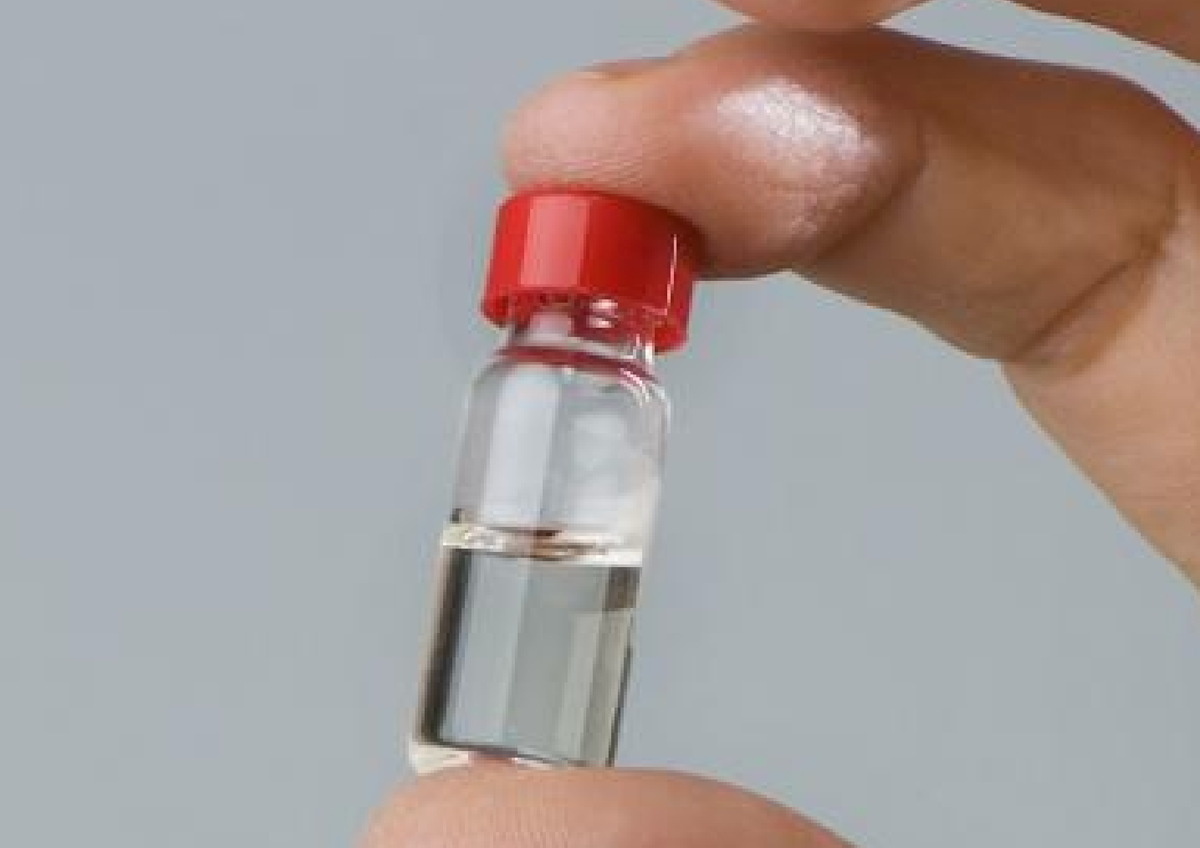
Scientists have developed and tested a new non-hormonal male contraceptive, which they say may lead to a reversible birth control pill for men.
While there are many forms of female contraception in clinical use, birth control options for men are currently very limited.
“Although researchers have been investigating several strategies to develop male contraceptives, we still do not have a birth control pill for men,” study co-author Martin Matzuk said.
The new study, published in the journal Science, showed that a novel, non-hormonal approach targetting sperm offers a promising method of reversible human male contraception.
In the research, scientists used a small molecule to inhibit serine/threonine kinase 33 (STK33) – a protein known to be specifically required for fertility in both mice and men.
Previous research has found that the STK33 protein is enriched in the testis and is specifically required for the formation of functional sperm.
Studies have shown that men with a mutation in the STK33 gene may experience infertility caused by sperm defects, despite having no other defects and having normal testis size.
“STK33 is therefore considered a viable target with minimal safety concerns for contraception in men. STK33 inhibitors have been described but none are STK33-specific or potent for chemically disrupting STK33 function in living organisms,” Dr Matzuk said.
Scientists uncovered potent STK33-specific inhibitors from a library of molecules, which they modified slightly to make them more stable, powerful, and selective.
“Among these modified versions, compound CDD-2807 turned out to be the most effective,” said Angela Ku, co-author of the study from Baylor College of Medicine in the US.
Researchers tested several doses and treatment schedules of the compound, and determined sperm motility and number in the mice as well as their ability to fertilise females.
“We were pleased to see that the mice did not show signs of toxicity from CDD-2807 treatment, that the compound did not accumulate in the brain, and that the treatment did not alter testis size, similar to the STK33 knockout mice and the men with the STK33 mutation,” Courtney Sutton, another co-author of the study, said.
“Importantly, the contraceptive effect was reversible. After a period without compound CDD-2807, the mice recovered sperm motility and numbers and were fertile again,” Dr Sutton said.
“The findings substantiate the essential role of STK33 in male fertility and provide compelling evidence that this target is druggable and results in reversible male infertility,” said Gunda Georg, a medicinal chemistry professor from the University of Minnesota.
Scientists hope to evaluate CDD-2807 and similar compounds further in primates to determine their effectiveness as reversible male birth control.
“Any potential contraceptive drug must undergo extensive testing to show very high efficacy and rule out adverse effects on hormone levels, overall reproductive function, and impact on offspring,” Dr Georg, who was not involved in the study, said.
“Additionally, long-term studies are necessary to evaluate potential risks associated with prolonged use,” she added.







